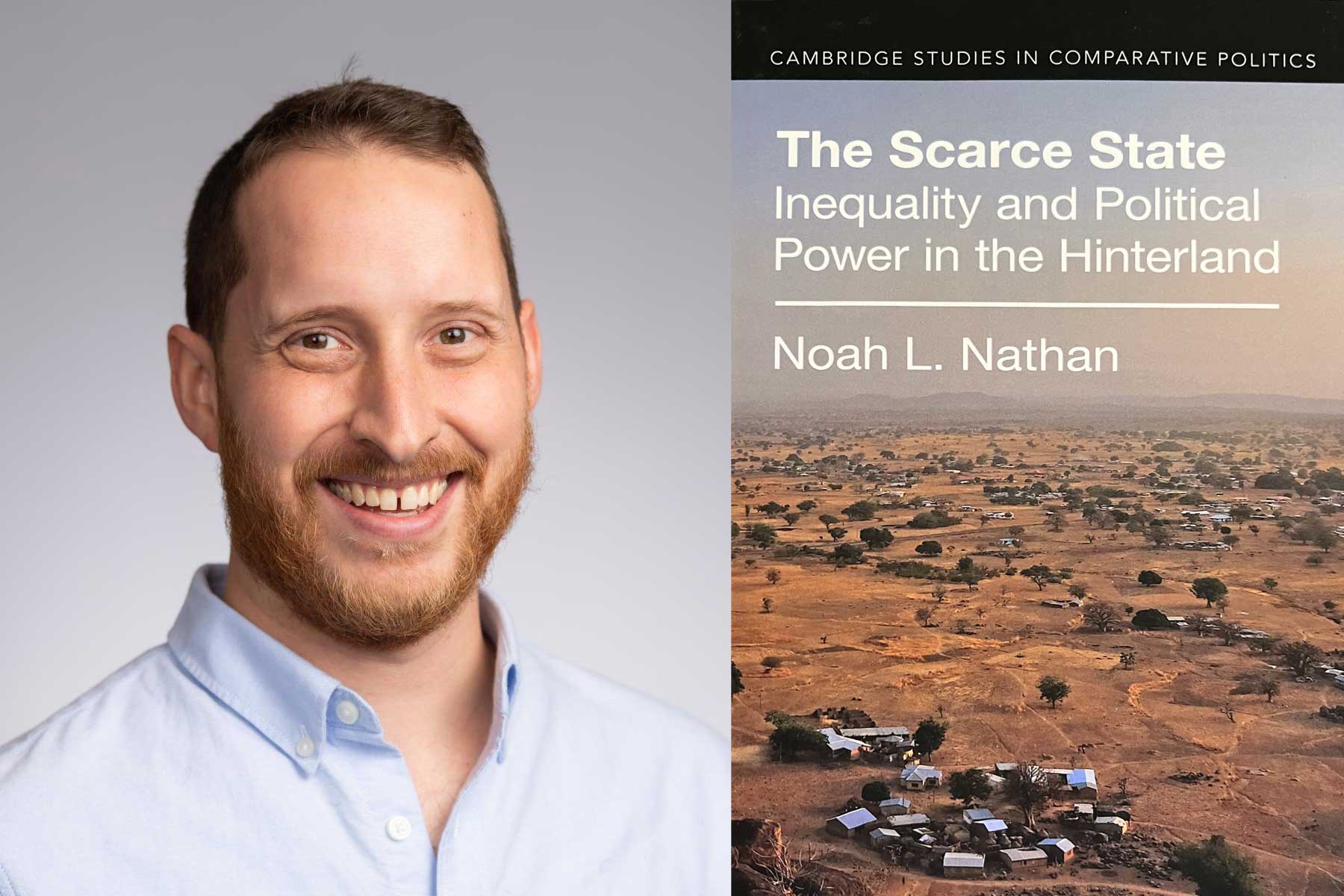
In the countryside of northern Ghana, there is not much evidence of government in action. There are few paved roads, state buildings, or law enforcement officials. It is easy to think the state lacks the resources to control much of anything in such places. “In the rural periphery of the developing world, we tend to think of the state as being quite absent,” says MIT political scientist Noah Nathan. “You can see there aren’t many offices, bureaucrats, or police. The state has a light footprint. As a result, we think…



